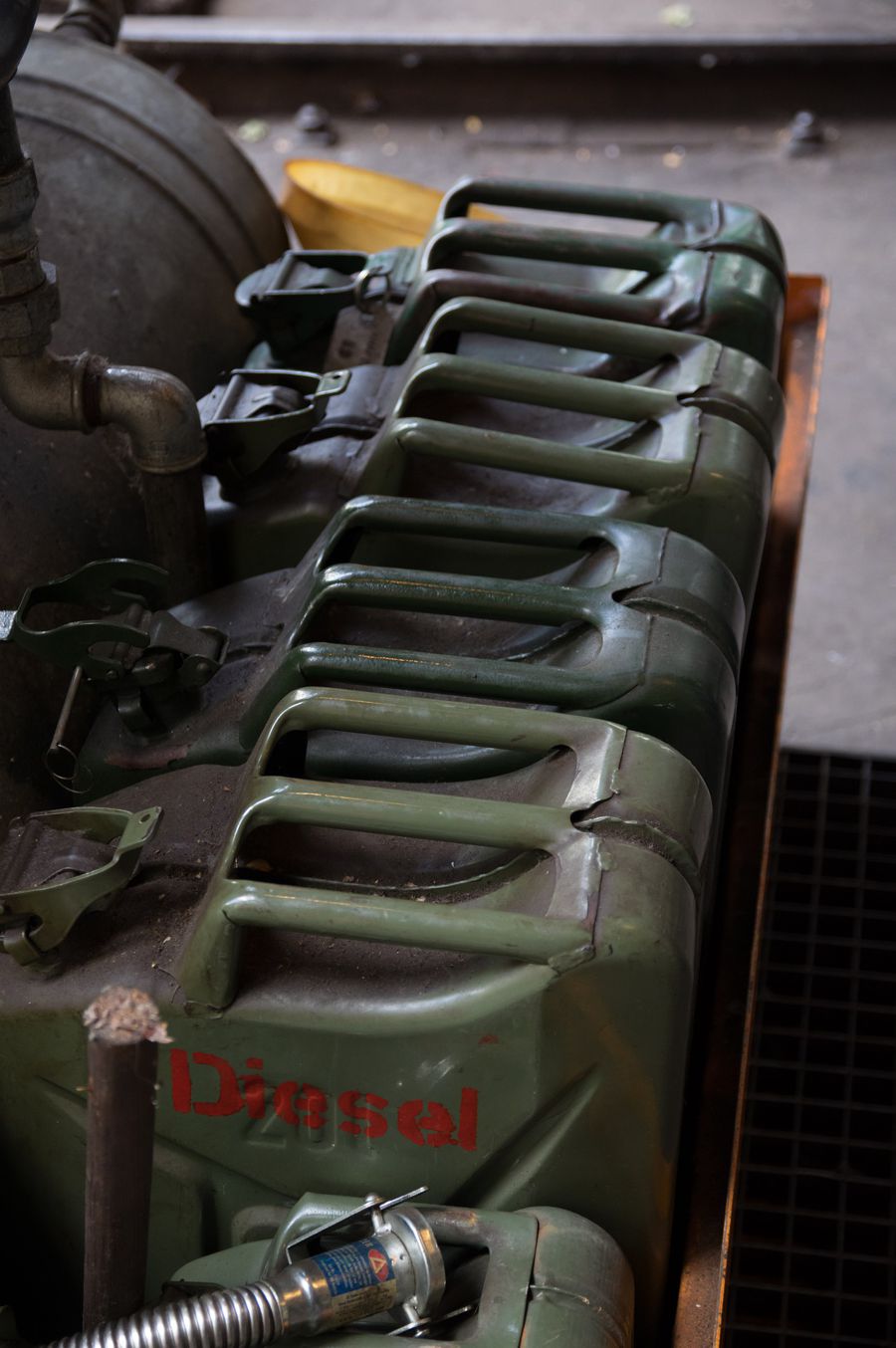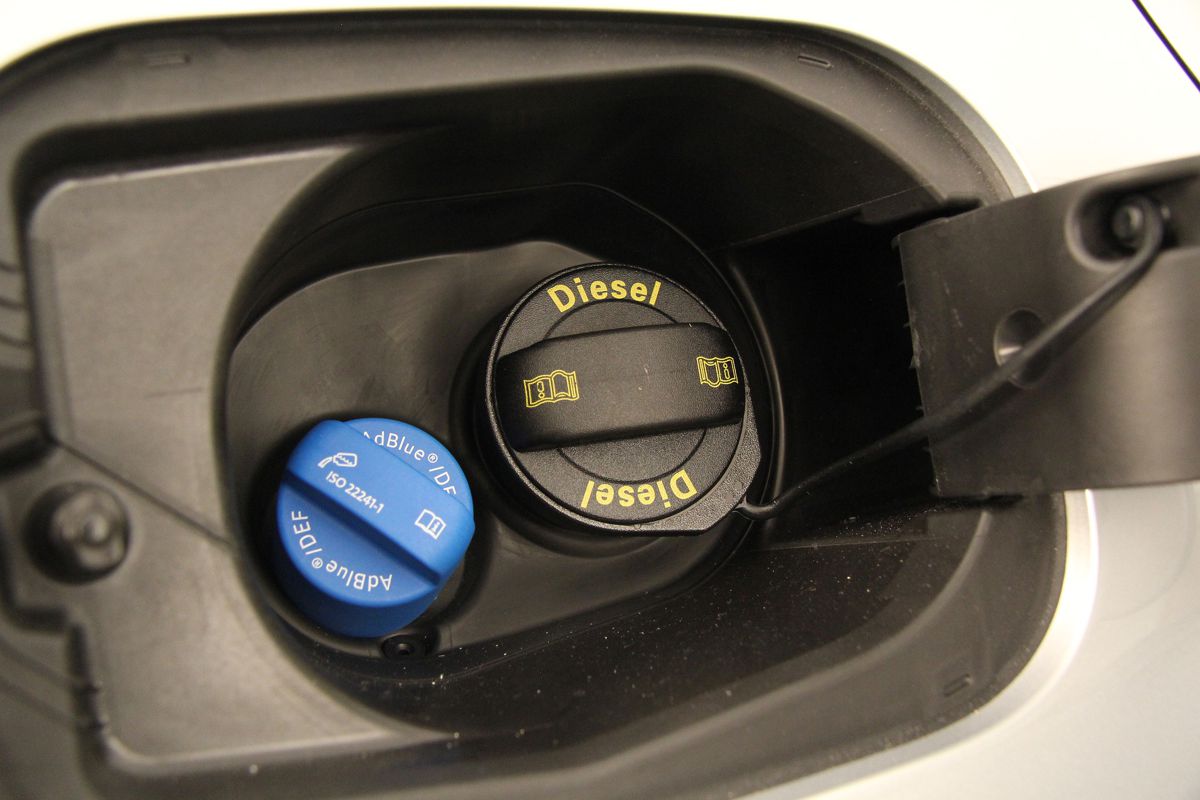Tax changes on Red Diesel set to impact the UK 1st April
With upcoming fuel taxation changes affecting red diesel, Mobile Mini, a leading provider of secure storage containers and portable accommodation, explains the need to plan for changes before the spring deadline:
What is red diesel?
Red diesel refers to a normal diesel that has been dyed to show it is for use on untaxed off-road vehicles or equipment. Historically this distinction would see red diesel achieve a low duty rate. But from 1st April 2022, red diesel will no longer be made available at a rebated rate for most commercial applications. This covers the majority of users in the construction industry. This reform was announced by the Government a couple of years ago as part of the ongoing task to achieve net-zero carbon emissions by 2050.
Losing tax-free status and business entitlement means viable alternatives to red diesel have had to be found. As with any major industry change, accepting these changes and flexibly adapting as soon as possible is in the best interest of all involved.

How will the new red diesel rules affect me?
To put it simply, from the start of April it will no longer be legal to use red diesel to fuel the likes of generators and other products required on construction projects. This is not a matter of choice and is something we must all adhere to. Construction businesses currently using red diesel to fuel their equipment will need to switch to standard diesel and will likely be taxed at full rate. To ensure compliance, for example, Mobile Mini will no longer be supplying red diesel and will make the switch to white diesel and other alternative fuels.
At face value, existing alternative fuels are costlier, so it will become more essential than ever to work with partners that have a well thought out efficiency strategy and can help ensure customer savings are made elsewhere, so that cost changes to clients, if any, make a minimal impact.

What is the Mobile Mini strategy for responding to this change?
One of the alternative fuels Mobile Mini will be suggesting to suitable customers is HVO (Hydrated Vegetable Oil) fuel, which is a fossil-free fuel consisting of 100% renewable, biodegradable and sustainable properties. HVO fuels are set to become more popular as they are environmentally friendly, do not release any new CO2 into the atmosphere and reduce greenhouse emissions by around 90%. Importantly, there is no compromise on the same high performance that customers have come to expect, in many cases offering improvements such as increased performance in cold-weather and a better shelf-life (around 10 years).
For others, dual power options will be the most appropriate alternative and Mobile Mini is already working with innovative suppliers that offer the next generation of hybrid solutions. Dual power solutions are supplied through the inclusion of a battery pack that is connected to a generator and simultaneously charges while this is in operation. Following the successful full charge of the battery pack, a signal is sent to the coupled generator instructing it to power off, allowing the battery to take over the responsibility of powering the site. This is a seamless transition with no negative impact endured by the customer site. Once the battery begins to run out of charge, a signal is then transmitted to the generator to kick back in, allowing the process to begin again.
Other uses for the dual power solution include using the battery to power the site during the night, to benefit from a significant noise reduction which is particularly useful and practical for sites operating in close proximity to residential communities.
For more information on the upcoming red diesel fuel changes please refer to the dedicated page on the government website.




























